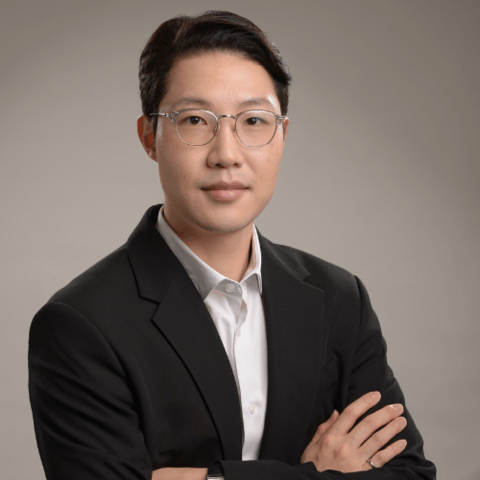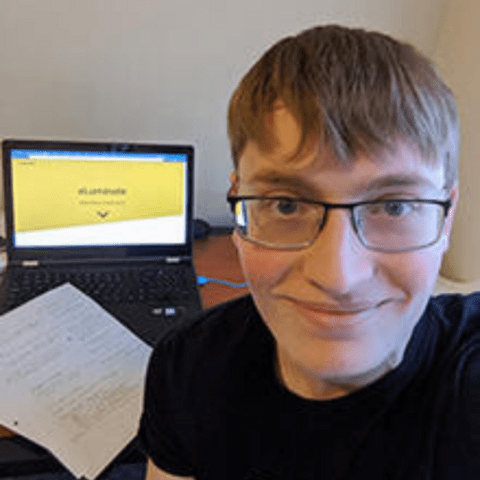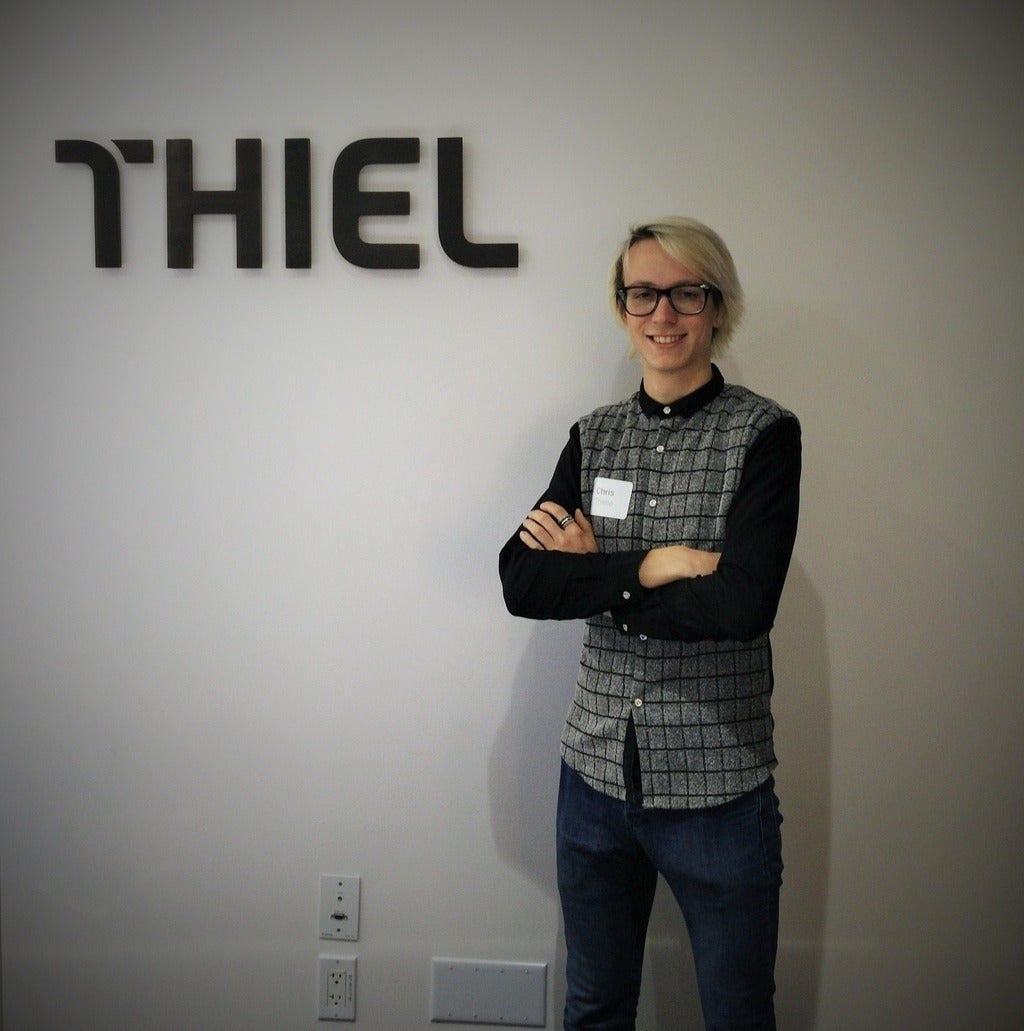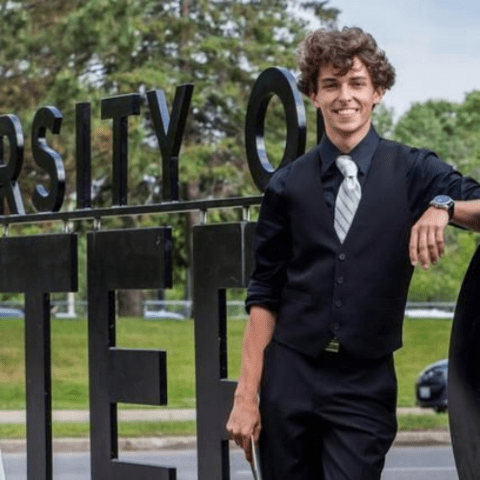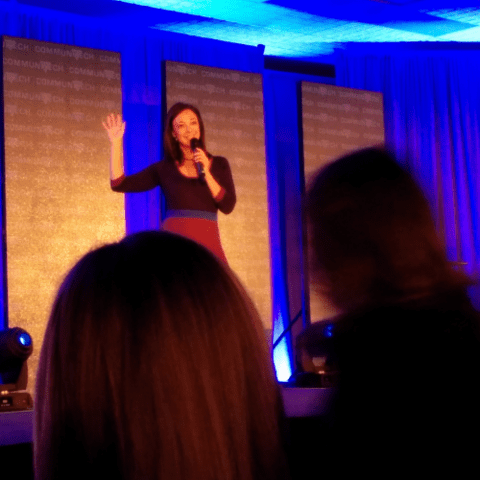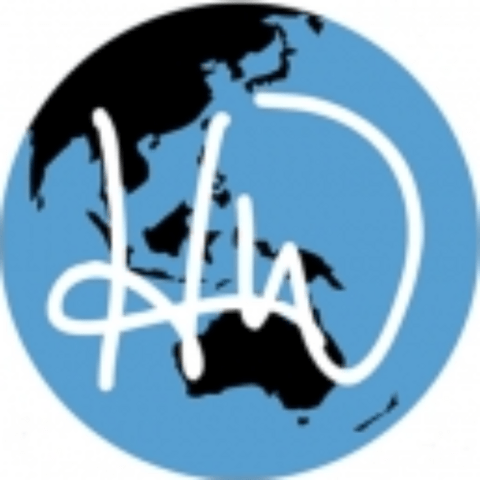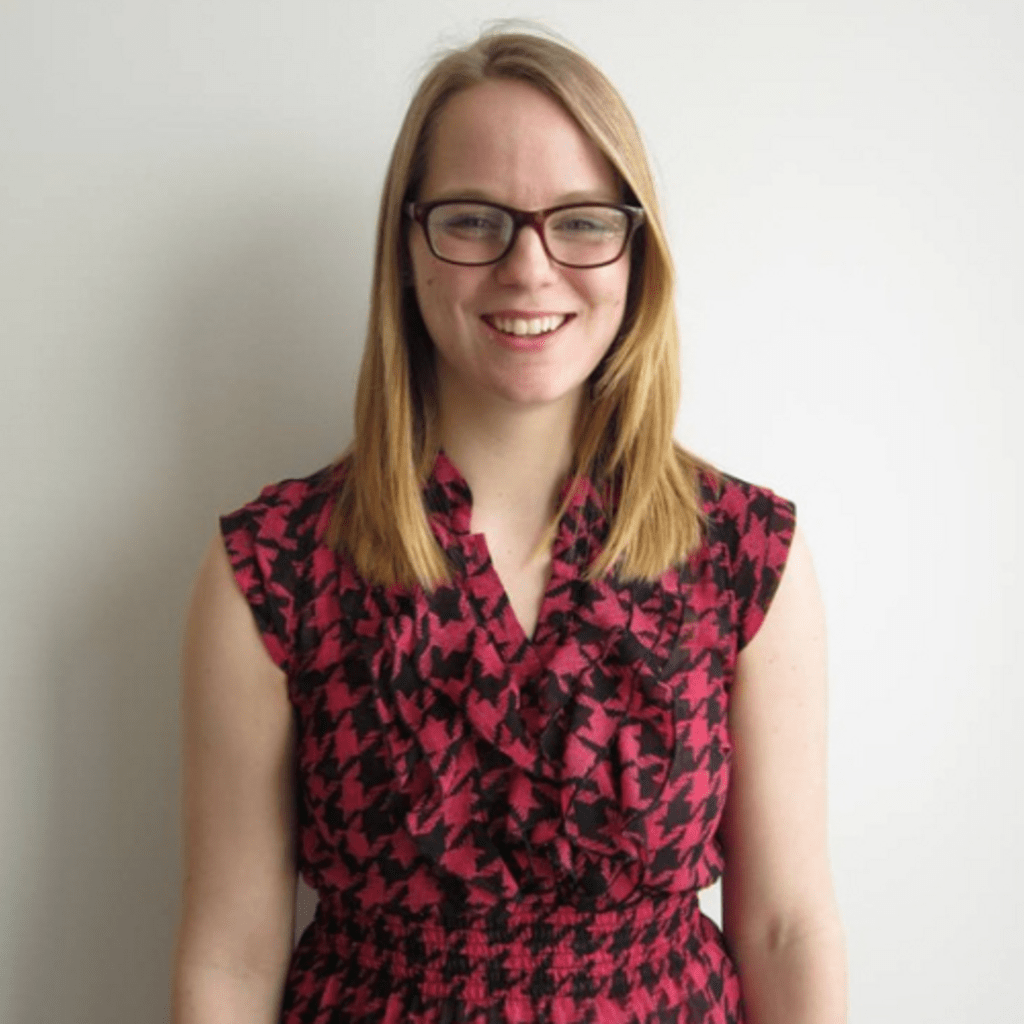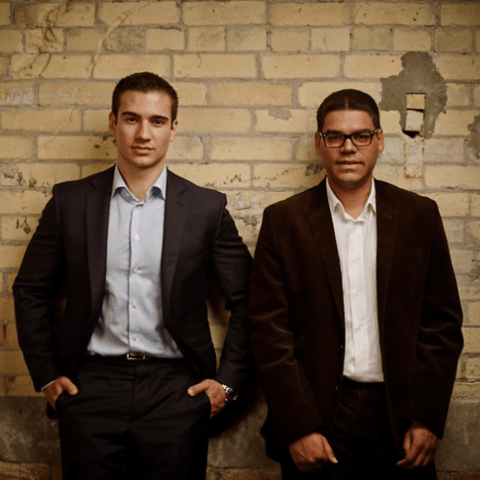From healthcare to entrepreneurship, a complete 180
Throughout high school and my first year of university, I was completely invested in going into the healthcare field and becoming a surgeon. I had a full plan: I was going to complete my bachelor’s degree in biology, go to med school, do my residency and follow the path that a surgeon must follow. The classes in first-year biology were not how I expected them to be, though.

